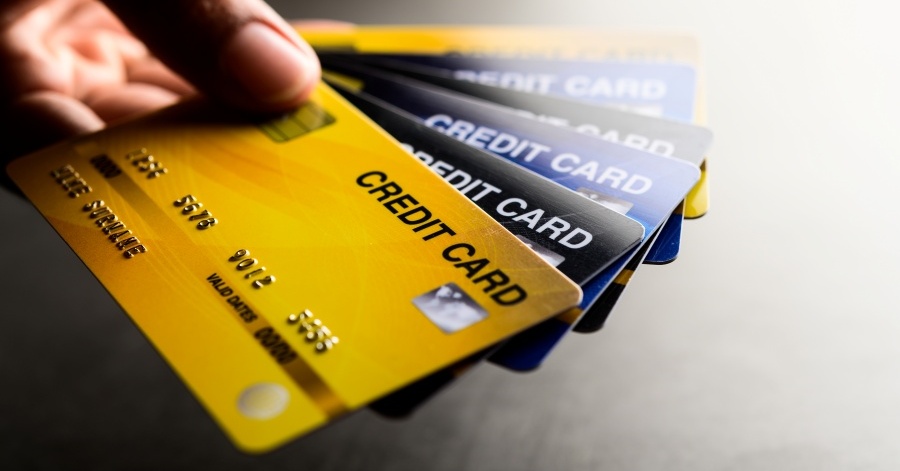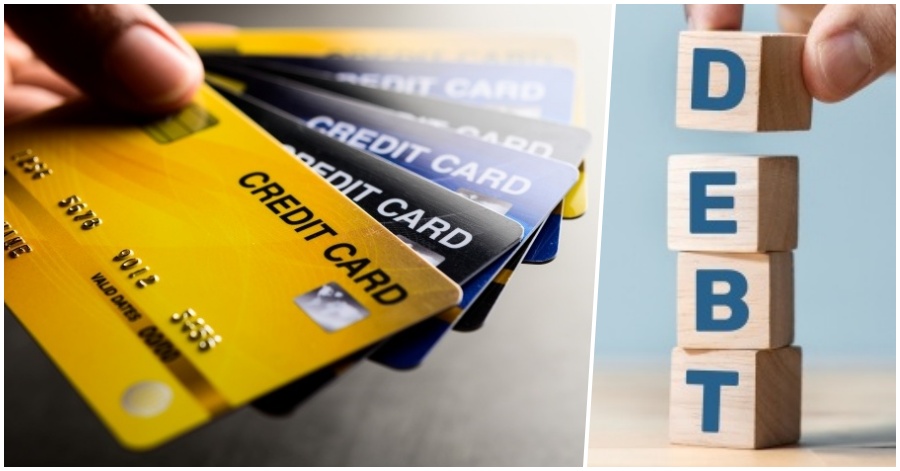Have you ever missed paying credit card bills because of a medical emergency or insufficient funds? Whatever the reason, failing to pay your credit card dues has consequences — late payment fees, high interest — things that should be settled as soon as possible.
But what happens if you don’t pay your bills… and you leave the country without settling your credit card debt? What are the legal sanctions you could face, and would you be able to return to the UAE? These are the topics we’ll be discussing in the following article.
Contents

Credit Card Debt in the UAE
When you fail to pay your credit card bill once (or twice), you will be charged with late payment fees or high interest. If you stop paying for several months, however, this could lead to more serious consequences and even a legal sanction against you.
According to Article 4(4) of the Personal Loan Agreement format, which is appended to Notice No. (3692/2012) of the Central Bank of the UAE — failure to pay three consecutive installments or six non-consecutive installments on your credit card or personal loan is considered an event of default.
When this happens, “the loan elapses and all the installments, interests, and any other fees and expenses become due and payable immediately, without having to give any notification or any court ruling and without prejudice to any other rights of the bank according to this agreement or in accordance with the law,” the article states.
Credit Card Debt Collectors
So you miss a few payments, but was able to settle credit card dues as soon as possible. Great, problem solved! But what if you continue ignoring your bills? What happens next?
If your debt remains unpaid despite continuous reminders from the bank, debt collectors would be the ones to start calling you. In behalf of the bank, these collectors will keep contacting you at home, in the workplace — until you pay your dues. In any case, it would be wise to settle your payments with the bank as soon as possible.
What About Bounced Cheques?
At the time of your credit card application, the bank asks for blank cheques, which they have the right to deposit in the event that you do not pay your dues. But what happens if your cheque bounces — or is dishonoured — due to insufficient funds? Keep in mind that in the UAE, the dishonour of a cheque is considered a criminal offence.
According to Article 401 of Federal Law No. (3) of 1987 on the issuance of the UAE Penal Code: “Detention or a fine shall be imposed on anyone who —
- Gives a draft (cheque) without a sufficient and drawable balance;
- Withdraws all or part of the balance, making it insufficient for settling the cheque;
- Orders a drawee not to cash a cheque; or
- Signs the cheque in a way or manner that prevents it from being cashed.”
In the case of a bounced or dishonoured check, the bank or financial institution may decide to file a criminal complaint against you.
Financial Cases and Travel Bans
If a criminal case has been filed against you, chances are you might have a travel ban as well. This means that you could be detained while leaving the country. If you are already outside the UAE, you could be detained as soon as you enter the country.
Suppose you are planning to return to the UAE — but you have unpaid debt — what can you do? Before anything else, you need to check whether a case has been filed against you, and if you have a travel ban. You can use the Dubai Police app to check if you have an existing financial case. Be sure to check with other government authorities as well.
Once you are able to determine your status, time to take action. This could involve negotiating with your bank to settle your dues. Only when your debt has been settled, can you rest assured that you can travel freely without worrying about travel bans.

As you can see, failure to settle your debt could lead to serious consequences in the UAE. When it comes to money matters, be sure to act with discipline and responsibility. You can also read these tips for avoiding debt, for a trouble free stay in the country.
